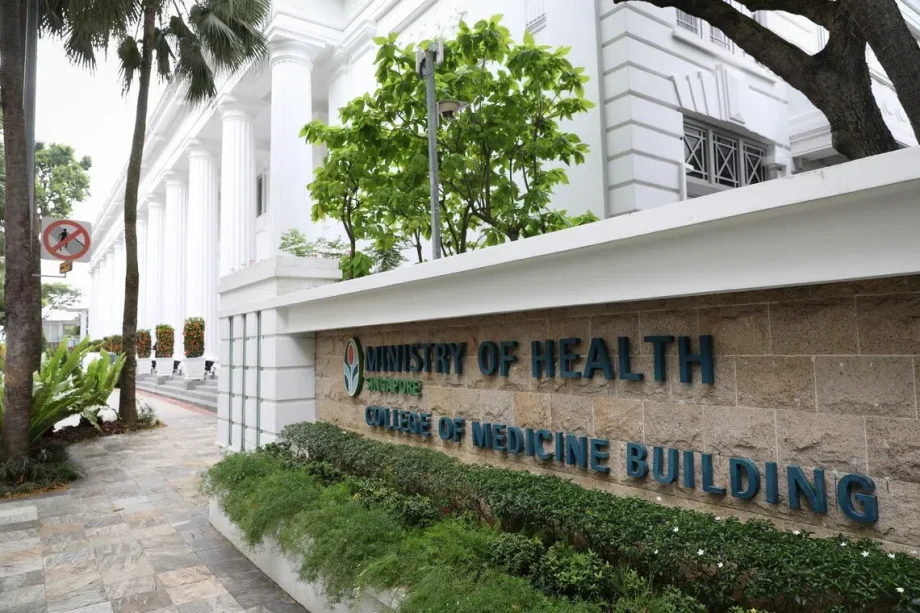Follow our live coverage here.
SINGAPORE – A new Bill which paves the way to mandate the sharing of patients’ health information among healthcare providers was introduced in Parliament on Nov 5 after two years of delay.
Under the Health Information Bill (HIB), sharing of these details will mostly be done through a central repository called the National Electronic Health Record (NEHR) system.
The aim is to reduce the repeating of medical tests or giving of wrong prescriptions, for the benefit of all patients here, and to ensure health information is kept updated, accurate and accessible by healthcare providers.
Since 2011, NEHR has stored the health data of patients of public hospitals and polyclinics, including diagnoses, medication, allergies and laboratory reports.
If passed, the Bill will require all healthcare service providers licensed under the Healthcare Services Act – including general practitioner (GP) clinics and all nine private hospitals – to also contribute data to the NEHR.
Care providers approved by the Ministry of Health (MOH), such as community pharmacies, will also need to contribute data to the NEHR.
Only authorised healthcare professionals who are directly providing care to the patient, or performing specific medical, dental, psychiatric or psychological examinations of the patient, can access the patient’s NEHR records.
Under the Bill, healthcare providers must also have measures to protect patients’ health information through timely updates of their systems and software, and they must equip staff to safeguard cyber security.
Hospitals and clinics will need to report cyber-security incidents and data breaches.
If a breach involves the data of at least 500 individuals, and could cause significant harm to an affected individual, the healthcare provider will be required to notify the affected individuals.
Protections are already in place under the Healthcare Services, Personal Data Protection and Cybersecurity Acts governing the use and protection of health information.
In addition, MOH has worked with the Personal Data Protection Commission and the Cyber Security Agency of Singapore to






